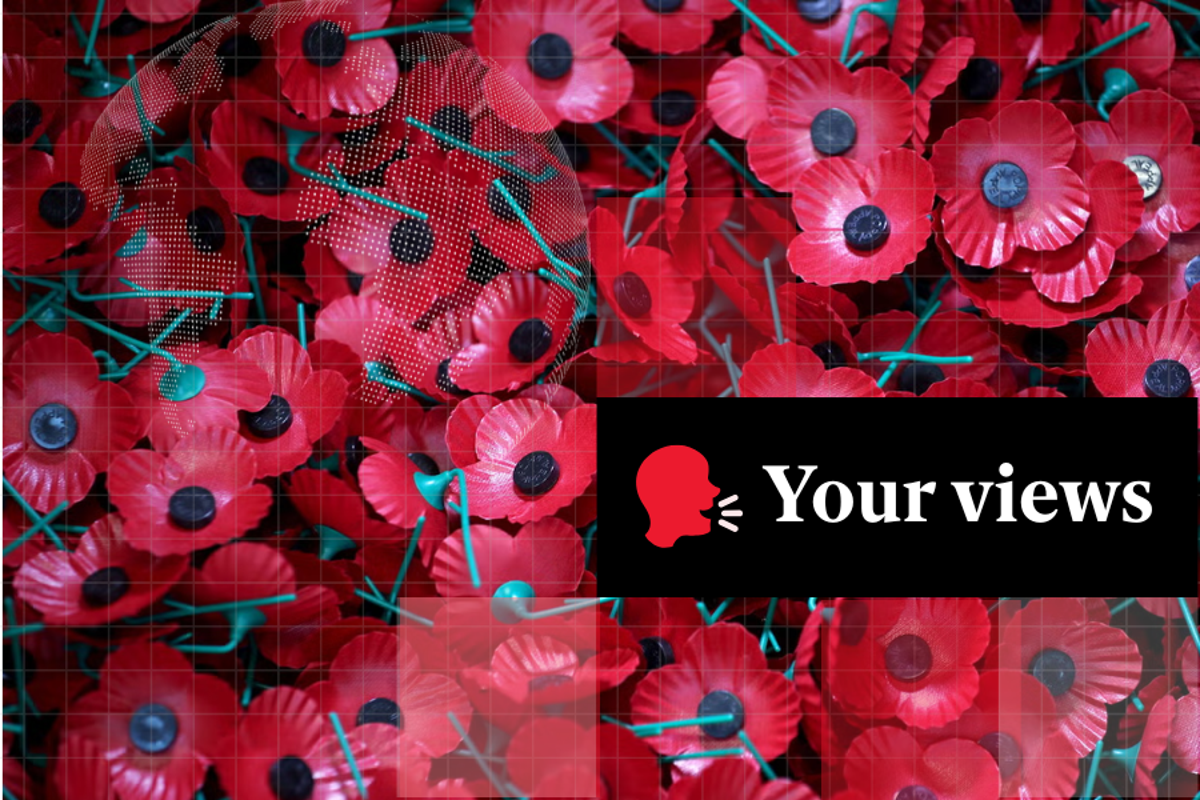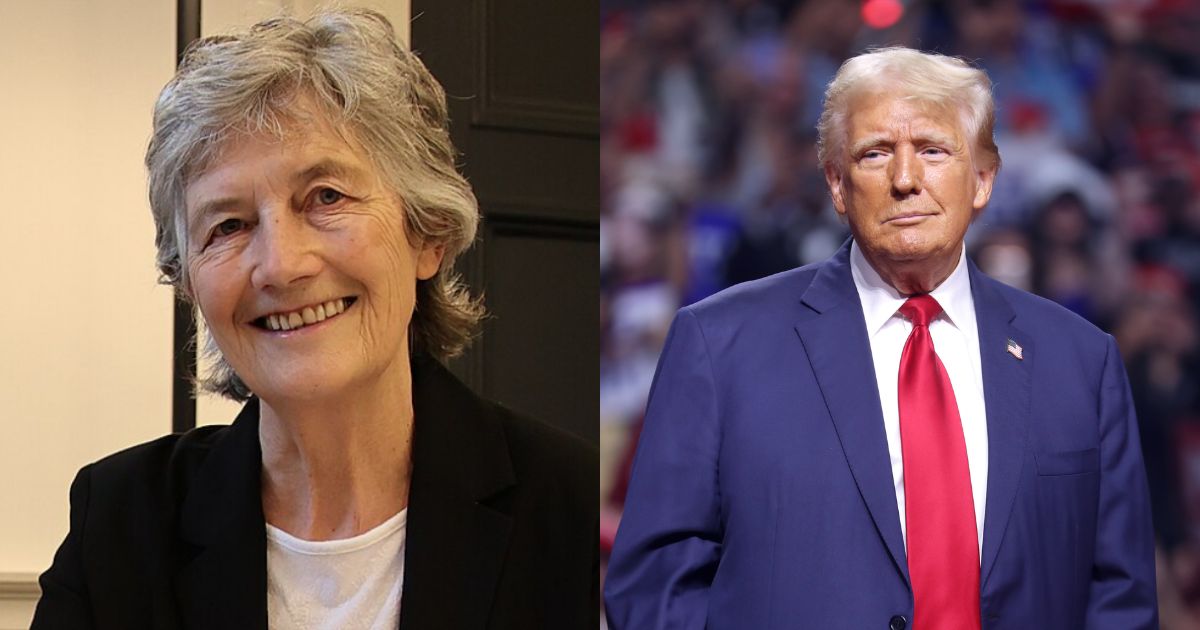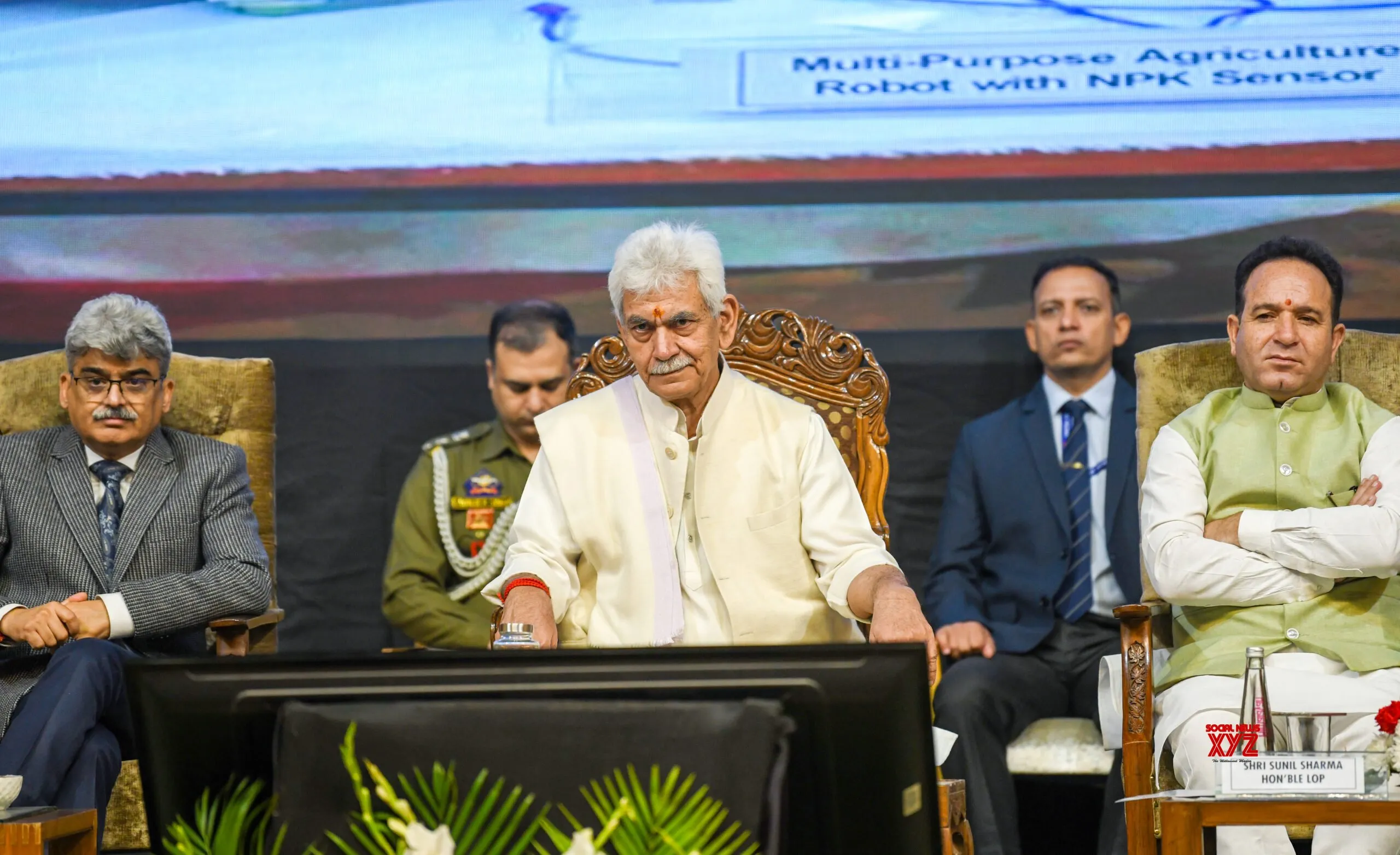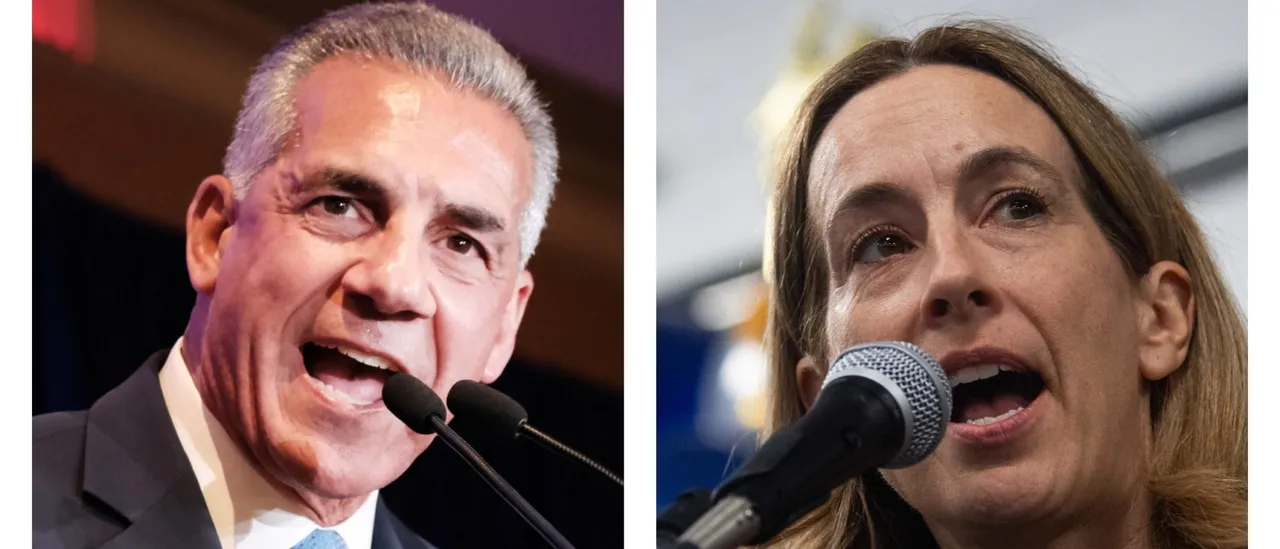Copyright independent

Helen Coffey’s piece questioning whether poppy wearing has become performative – and if the white poppy offers a better alternative – has struck a chord with Independent readers. Responding to the article, many said they no longer wear a poppy at all, preferring to remember in their own quiet way and respect others’ choices to do the same. Several felt the symbol has been warped by politics and public pressure, arguing that the annual outrage over who does or doesn’t wear one has stripped it of its true meaning of remembrance and unity. Several praised Charlene White for calmly explaining her stance amid abuse, while others said they’ve stopped wearing a poppy precisely because of the expectation to conform. Overall, readers agreed that remembrance should be a personal act, not a public performance – and that honouring the fallen means far more than a paper flower on a lapel. Here’s what you had to say: For many people, Remembrance is about a day in November when they are silent and wear a poppy. Some of those people live the rest of their lives being intolerant and generally quite unpleasant. Being intolerant of people’s right to choose what they wear and support is the worst example of this. We should really show respect to the fallen by living our lives being tolerant, kind, and understanding. That is what my relatives fought and died for. Every year, I put money in the collection box, pay my respects to the fallen during the two minutes’ silence, and put poppies on the eleven war graves in the local cemetery, many of whom have no living relatives nearby to fulfil that role. But I couldn’t agree more with Helen Coffey – ever since the cult of the poppy arose during the noughties with the advent of the second Iraq war, I no longer choose to wear a poppy. Not just because of the nationalistic sentiment these symbols of respect now represent for far too many, but because of the abuse aimed at those who don’t wear red poppies by belligerent faux patriots who never had to face the machine guns themselves. The current and very unfortunate association of the poppy with the far-right advocates of Yaxley-Lennon’s “Unite the Kingdom” movement (which, needless to say, does the opposite) and subsequent flag-waving demonstrations of malignant nationalism is the final insult and mark of disrespect for all those who fought for freedom – particularly those who paid the ultimate price. As my mother has said, her father (who fought in both world wars) would be absolutely disgusted and incensed in equal measure by the actions and attitudes of those who harbour an ideology not dissimilar from that which he fought against. I don’t wear a poppy because I don’t believe we truly remember. Instead, we easily forget. WW2 was about defeating the extreme right, people with racist attitudes. Now we see the rise of the far right across the country and beyond. We cut our aid budgets but are happy to spend more and more on weapons to kill, maim and destroy, instead of building homes and making sure everyone has access to medical care, education, and clean water across the world. The way we remember is militaristic – marching, medals. It should be a time to reflect on our inhumanity and seek forgiveness. I don’t wear one anymore because of this fake patriotism which is just bullying. Both sides of my family lost brothers at Passchendaele – my grandparents all fought in WW2, and my wife lost her cousin fighting the Taliban. I’ll happily observe the silence and remember them – and more importantly, I’ll happily vote for a party that will look after our veterans’ mental and physical health properly through taxes, not charity, and equip our current soldiers correctly. But I don’t want their deaths made into political capital. It’s very simple. If wearing a poppy becomes not something that we do as a sincere show of respect but an unwritten law, it loses all its meaning and impact. We need to go back to a situation where it is genuine and spontaneous – a gesture that comes from our hearts and not from societal pressures. Can anyone still recall what the act of remembrance is actually supposed to be remembering? World War 2 (the last time Britain was in danger of invasion) ended over 80 years ago; the Battle of Waterloo more than two centuries ago. Forty years ago we got by respectfully without this strange thing – whatever it is supposed to be – being so politicised and emotionally charged as it is today. Presumably that was because many of the soldiers and their families were still alive. I can’t help thinking that if they were today, they’d be telling us to pull ourselves together. I was not in the Second World War but was born in 1940 so I was here when it was going on. I wear the poppy in honour of all the deaths of every nation that fought in that war and the one before. The poppy I wear is a metal one with the date of remembrance on it. I feel proud to wear it and the veterans’ badge together. Now I may be obliged to wear a white poppy so I do not seem to be ignoring the civilian population that sacrificed so much themselves. My father and mother came through those two wars – the four of us all served in the forces; my eldest brother did 25 years, the one before me did three years, and myself six years. If there is going to be a revolution for not wearing the original poppy, then how about making one in honour of the horses, dogs, veterans, and civilians – a multi-coloured poppy to prevent one group from insulting another. With that I will say peace be on all, no matter where you may come from. The vast majority of “patriotism” in this country is indeed now performative. It’s all about shouting and flags, and during November, poppies. When I first joined up, I didn’t understand my dad’s refusal to wear a poppy – after all, he was a D-Day veteran – and he never explained his reasons for not wearing one. Nor did he explain why he never wore his medals. It took me decades to understand why, and now I follow his lead. I give money to the Legion for sure, but wearing a poppy now – and to my dad back then – seems more about being seen to remember than about actual remembrance. Overall, we are a very performative society, from social media (young and old) to poppy mania, and to be honest, if you think wearing a poppy is more important than doing something practical for veterans, then you are part of the problem. Performative wearing is not new. As a teenager I stopped wearing a poppy and a letter of mine to the local newspaper brought criticism. It was around 1973. I donate each year, but never wear one. I accompanied my father when he sold poppies in the 1990s. He survived over 100 operations in the RAF and sold poppies for the families of those who did not come back and were injured. He understood why I did not wear one. No one else can say a dickybird. No, we shouldn’t be all wearing white poppies instead – although by all means wear both. The purpose of the red poppy isn’t mindless gesture politics of the sort embraced by the flagging movement – it is to raise money for the British Legion. That is used to support veterans of all wars, not just those of the mid-20th century, and many who served more recently are in serious need of both mental and physical support. The public bullying of those who dissent isn’t acceptable, but the poppy isn’t just a symbolic token. It’s an essential fundraiser for those who need support, and equating it with flagging is intellectually lazy. Some of the comments have been edited for this article for brevity and clarity. Want to share your views? Simply register your details below. Once registered, you can comment on the day’s top stories for a chance to be featured. Alternatively, click ‘log in’ or ‘register’ in the top right corner to sign in or sign up. Make sure you adhere to our community guidelines, which can be found here. For a full guide on how to comment, click here.



